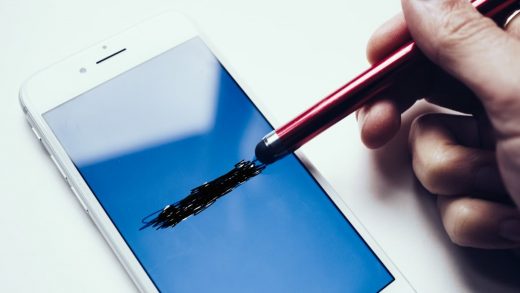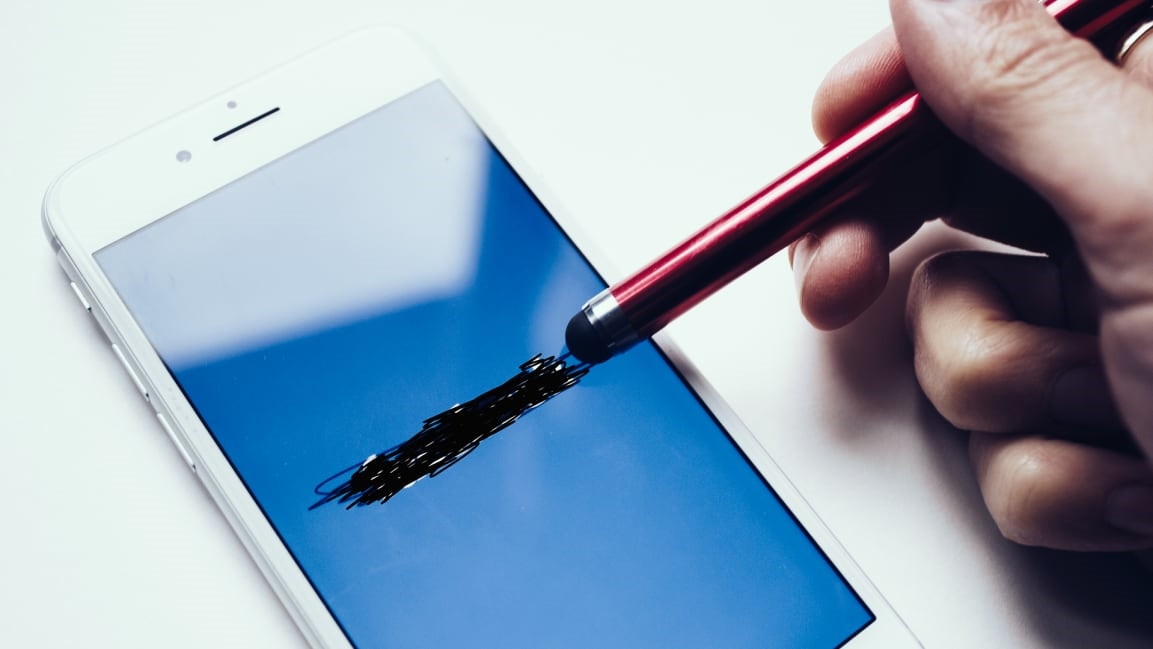Report: Fact-checkers say Facebook has used them for “crisis PR”
A new report from the Guardian claims Facebook’s partnership with independent journalists to combat disinformation on its social network was little more than a PR move.
Facebook initiated the partnership with independent fact-checkers like Snopes shortly after it became clear that Russian trolls had spread disinformation to millions of users in an attempt to influence and undermine the 2016 presidential election.
The Guardian spoke with current and former fact-checkers who said the partnership had produced minimal results, and that Facebook had refused to publish the work they’d done to debunk fake news. From the story:
“They’ve essentially used us for crisis PR,” said Brooke Binkowski, former managing editor of Snopes, a factchecking site that has partnered with Facebook for two years. “They’re not taking anything seriously. They are more interested in making themselves look good and passing the buck … They clearly don’t care.”
Facebook has 35 media partners helping it fact-check content, including the Associated Press, ABC News, PolitiFact, and Snopes. Facebook has said repeatedly that it has thousands of people working to curb fake news on its platform and that the volume of fake news is “trending downward.”
However, the fact-checking partners don’t appear to be checking large numbers of suspect news items. The Guardian quotes the managing editor of ABC News Digital saying that her group has “done roughly two dozen Facebook fact checks.”
Even when a news item is debunked, Facebook doesn’t remove the content from its social network. It merely reduces the circulation of the content by applying a warning tag labeling the content as “disputed.” Facebook says the system reduces future impressions of the content by an average of 80%.
But the Guardian claims that a lot of fake news remains on Facebook without a “disputed” tag. And even when a false news story is tagged as such, it can have the effect of making the item even more popular. That’s because people who agree with the information see the tag as an attempt to censor a viewpoint, then make an effort to get the item shared widely. The fact-checkers were especially put off by revelations that Facebook hired a Washington, D.C., PR firm to spread negative news about its critics and opponents, the Guardian reports.
Facebook has become quick about responding directly and extensively to stories like the Guardian’s latest. In a detailed blog post on Thursday, Facebook’s head of news integrity partnerships, Meredith Carden, wrote the following:
” . . . the piece presents several inaccuracies, and is based primarily on the account of a single fact-checker who hasn’t been involved with the Facebook fact-checking program for six months. We provided information to The Guardian, but they chose not to include all of it.”
Carden points to three pieces of third-party research showing that the overall volume of false news on Facebook is decreasing as a result of the third-party fact-checking program and other anti-misinformation measures.
Carden says Facebook intends to start sending fact-checkers quarterly reports on their work, and the effects of their debunking on the circulation of content.
I reached out to Facebook for further comment and will update if I hear back.
(12)



